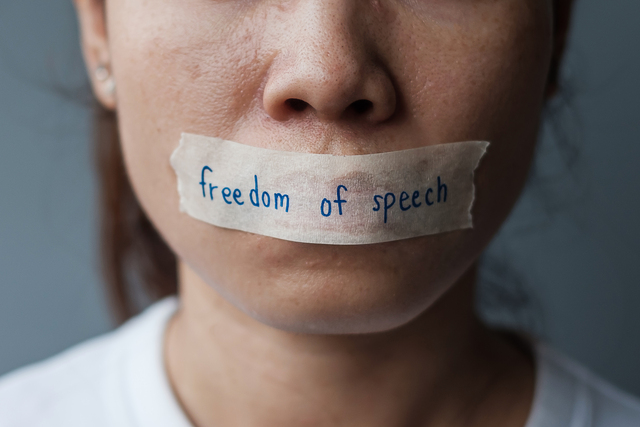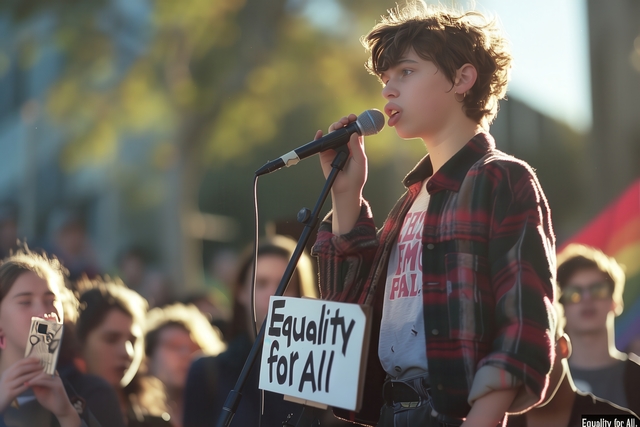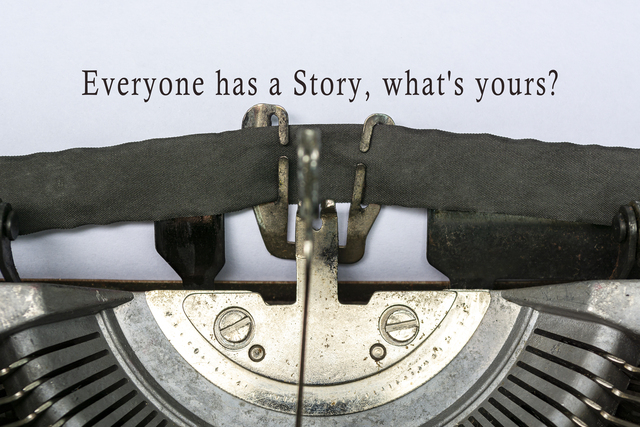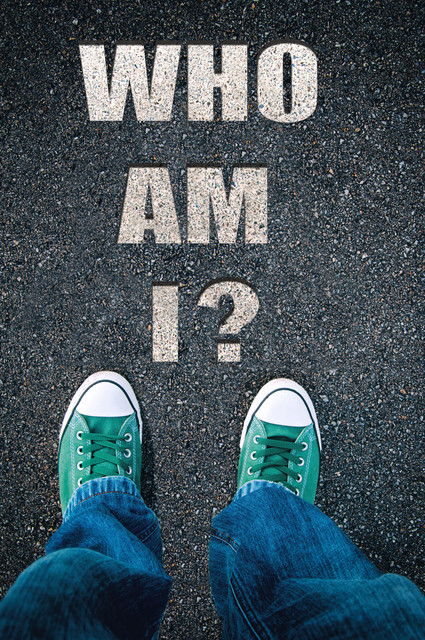Speak Freely, Unless...
Students Value Free Speech, Except When It Is Offensive

A recent poll of over 2,000 college students shows that the majority of young people value free speech, unless the speech is considered offensive. The data comes from the American College Student Freedom, Progress, and Flourishing Survey, which has been conducted annually since 2021.
According to this year’s results, 74% of students indicated they believed that protecting free speech was more important than protecting people’s feelings. However, a majority of the students also believed it would be appropriate to report a professor (72%) or another student (57%) who said something that could be offensive to others. Specific statements were offered as examples of what could be considered offensive speech, covering topics such as race, gun rights, vaccinations, and biological sex.
“We’ve arrived at this point because students have been catechized by a culture that prizes personal feelings above objective truth,” observed David Closson, director of the Center for Biblical Worldview at the Family Research Council. “When truth becomes relative and identity becomes ultimate, disagreement feels like violence and censorship begins to feel like virtue.”

The survey also included questions about human progress and the future, capitalism and socialism, the Israel-Hamas war, and social media use. Regarding attitudes towards the future, the survey found that just 43% of the students believe the world has improved in the last 50 years, 46% think it has gotten worse, and 11% do not think anything has changed. Fifty-nine percent were proud or very proud to be an American, but only 23% were optimistic about the future of the world.
The section on socialism and capitalism revealed that 25% of students have a positive view of socialism, declining slightly from 31% in 2021. Twenty-seven percent of students have a positive view of capitalism, increasing slightly from previous years (23% in 2023, 25% in 2022, and 24% in 2021).
The questions regarding the Israel-Hamas war focused primarily on students’ views of the protests. While 88% of students support the right to participate in peaceful protests about the war, a majority are opposed to specific actions such as occupying buildings in protest, disrupting class, and shutting down or blocking a speaker.
The final section focused on the use of social media and revealed that 46% of students believe social media has a negative effect on mental health, and only 23% report a positive effect. Yet, 79% of students report being on social media one to five hours a day.
“The hopelessness reflected in this survey is what happens when a generation is taught that life has no design, purpose, or moral order,” noted Closson. He also reminded Christians that “we don’t measure our future by political trends or social decline but by the promises of Scripture. Because God is at work, our labor is never in vain” (1 Cor. 15:58).

















